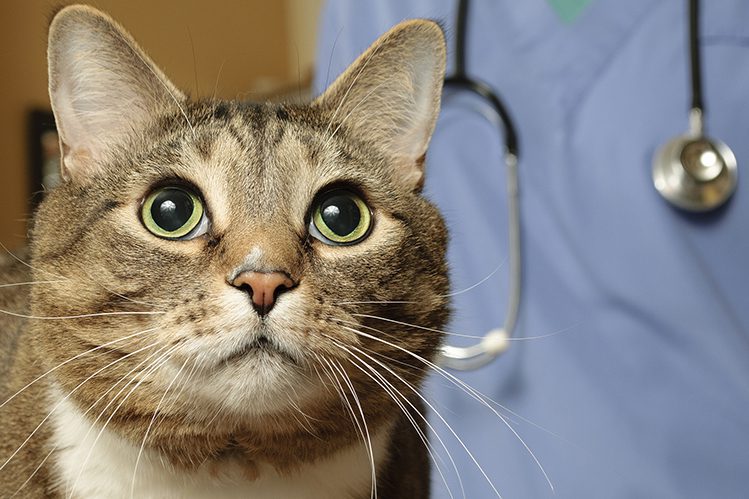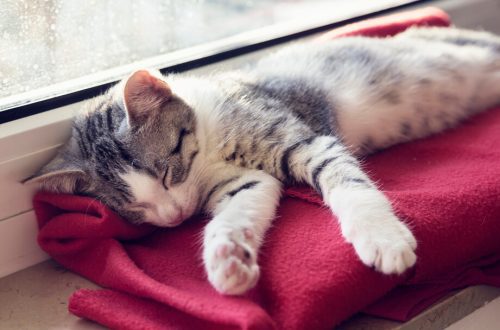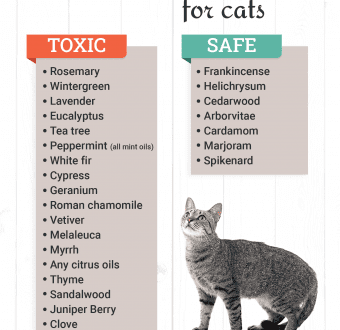
Cat vaccination rules
Following the vaccination schedule and conducting it in a good veterinary clinic is only half the battle. It is also very important to choose the right time for the procedure and properly prepare the cat for it. Read about the rules for vaccinating cats in our article.
Vaccination is carried out only for animals with stable immunity. The effectiveness of vaccination is directly related to the functioning of the immune system. If the cat’s immune system is weakened, it will not be able to properly “process” the injected virus (bacterium) and react to it. As a result, the vaccination will not bring any effect, and in the worst case, the pet will get sick with the disease from which it was vaccinated.
Animals with a weakened immune system are not allowed to be vaccinated!
Vaccination is carried out only in clinically healthy animals. Inflammation of the eye or ear, dermatitis, fever, and even a small cut are all good reasons to postpone the vaccination date.
It is not recommended to vaccinate pregnant, lactating cats, cats in estrus, as well as during quarantine, rehabilitation, etc. If you are not sure that now is a good time for vaccination, be sure to discuss this issue with your veterinarian.

Deworming is carried out 5-14 days before the expected date of vaccination, taking into account the characteristics of the drug used. Even indoor cats that have never been outdoors can be infected with worms. For a long time, infection can be asymptomatic. The waste products of helminths slowly but surely affect the work of internal organs and entire systems. When infected with parasites, stable immunity is out of the question. Therefore, deworming 5-14 days before vaccination is a mandatory measure.
Why exactly 5-14 days? This time is enough for the parasites to be eliminated from the body. Carefully read the instructions for use and the speed of action of the selected product.
Before vaccination, the cat should not be stressed, because. stressful situations negatively affect the immune system.
In order not to create a stressful situation for the body, do not break the pet’s usual routine. It is not necessary to limit the cat in food or water before vaccination.
Take your cat’s temperature a couple of days before the scheduled vaccination. She must be normal. If the temperature is above normal, postpone vaccination and contact a specialist to find out the cause.
Go to a good veterinary clinic that uses high quality imported vaccines. If you don’t have one in mind, ask the breeder for advice, read specialized forums and reviews.
We recommend using a pet carrier to bring your pet to the vet. Even if the clinic is next door, carry your cat in a carrier, not in your arms. So much safer. In addition, there may be other animals in the queue for a specialist who are unfriendly.
These actions form the preparation of the cat for vaccination. As you can see, nothing complicated, but the main thing is based on the little things: the health and safety of your ward.





